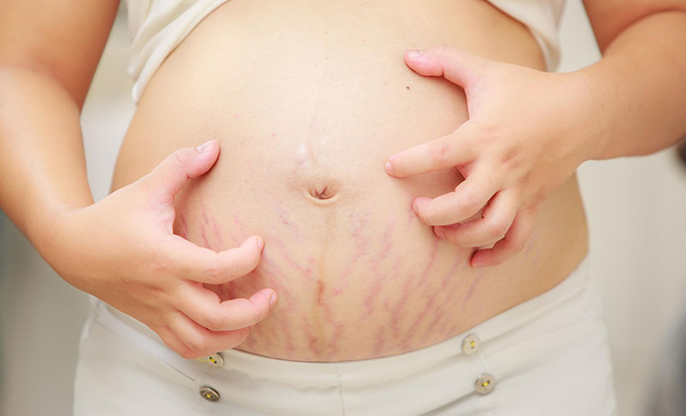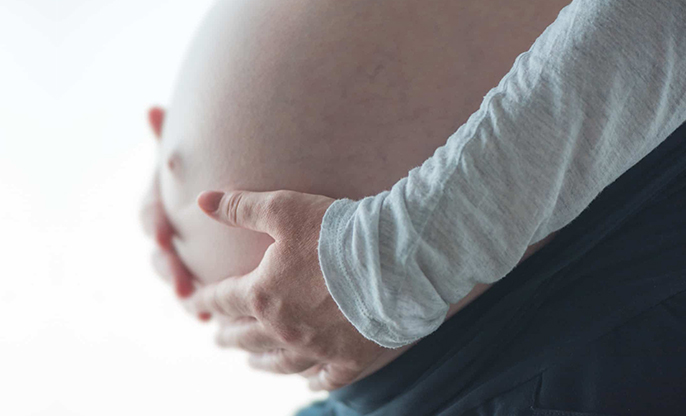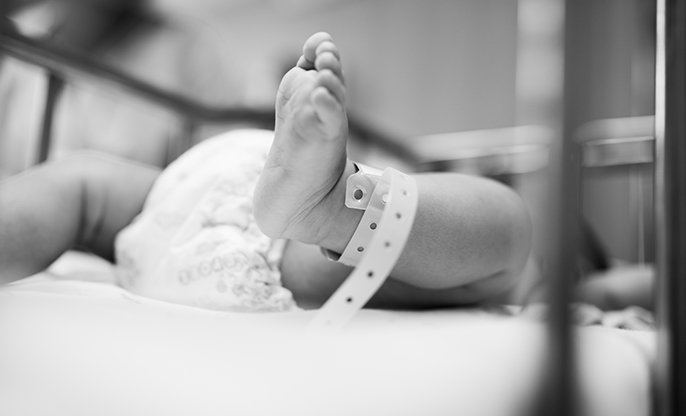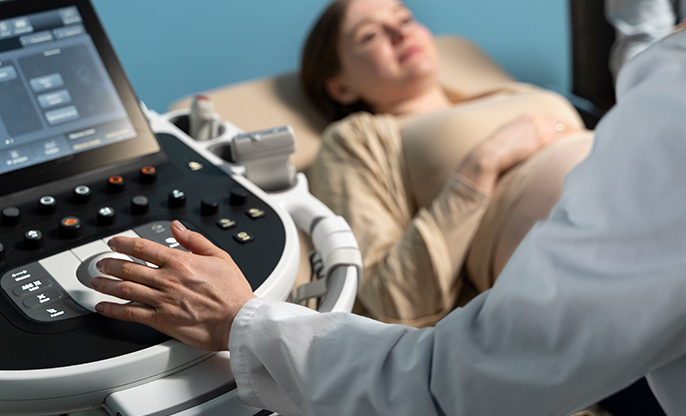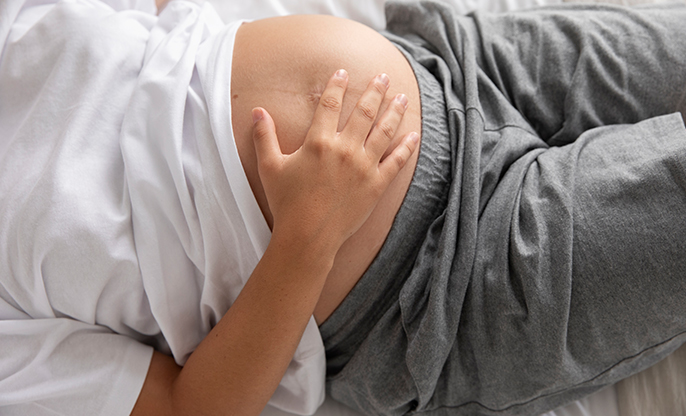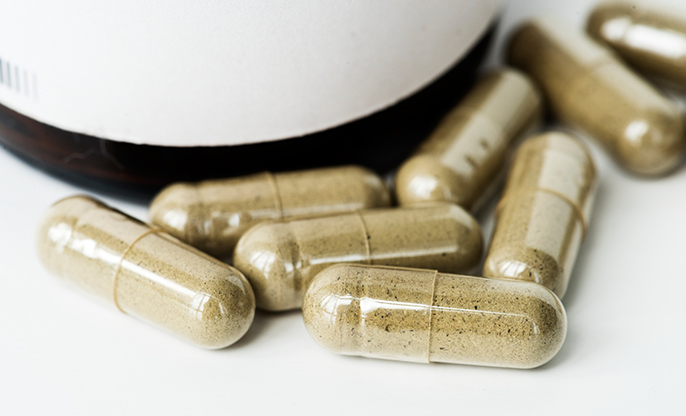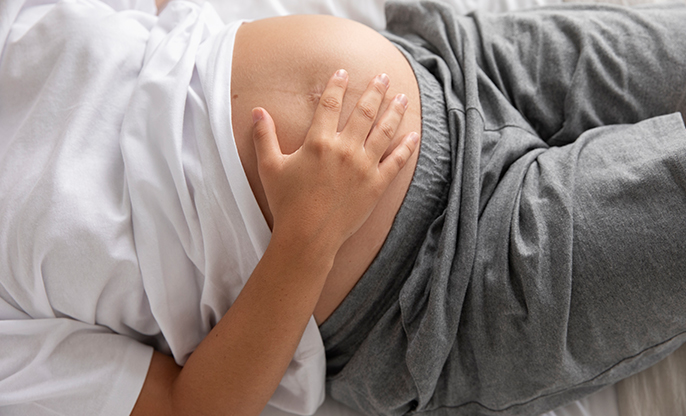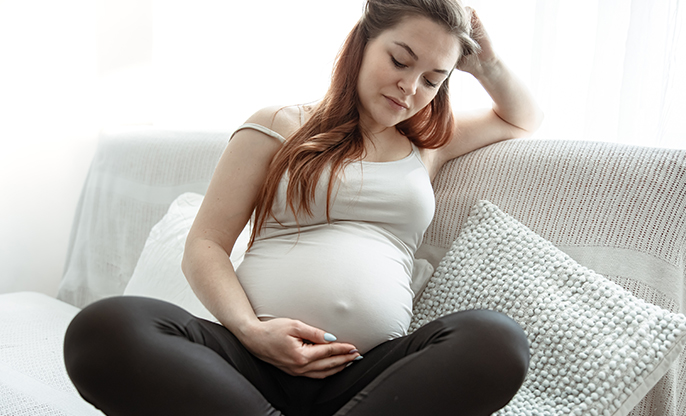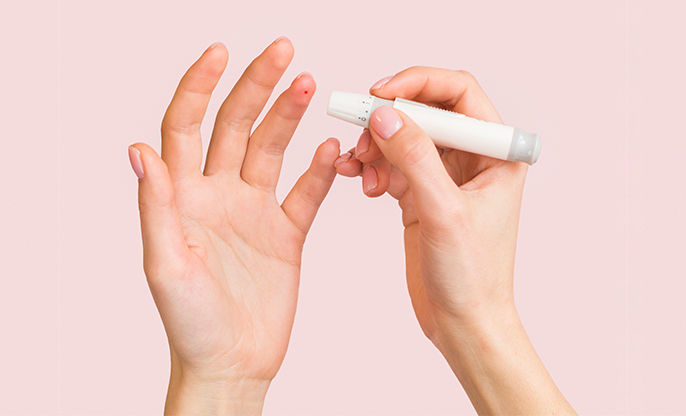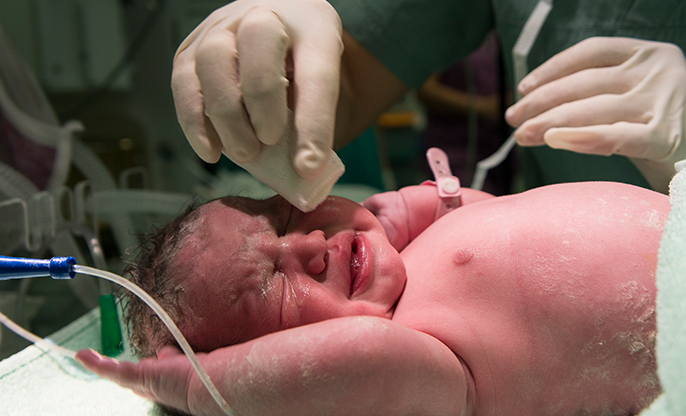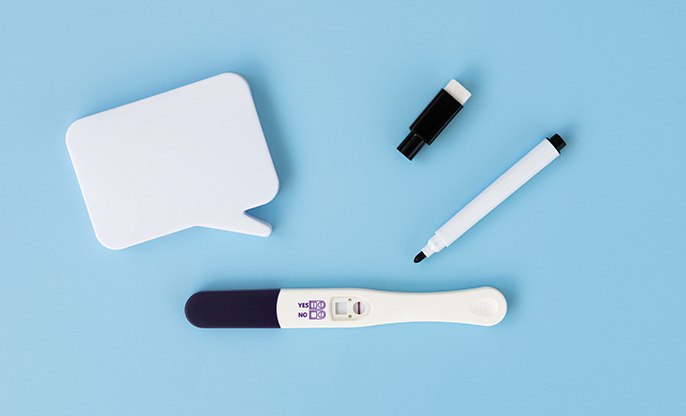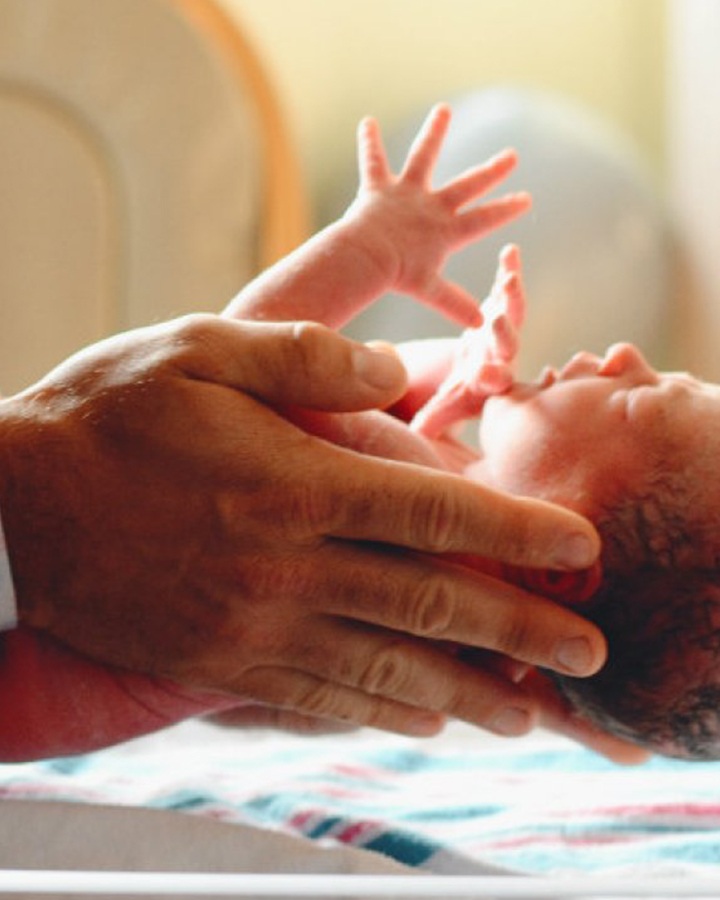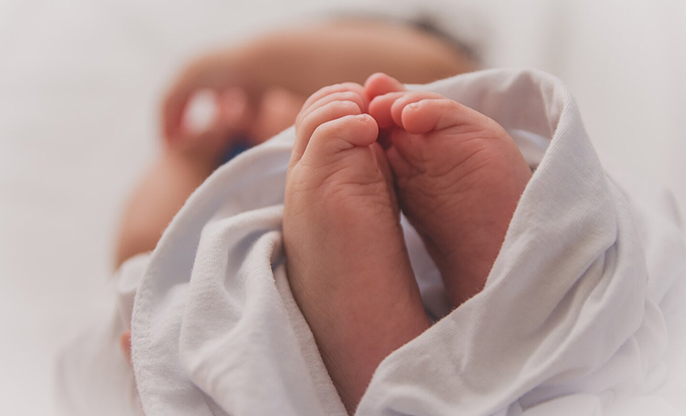
Complications and symptoms of physiological anemia
Today, millions of
women from the urban and rural sectors globally suffer from physiological
anemia. The synthesis of red blood cells, which are needed to transport oxygen
throughout the body, is inadequate when iron levels are low. What happens if
the iron content in a pregnant woman's body is low?
A pregnant woman's
body uses iron stores, or extra red blood cells accumulate in the bone marrow
to care for the iron needs of her body and unborn child. What occurs, though,
if the iron levels fall low? What happens if the body's iron stores are
insufficient and the mother doesn't have enough iron for her child?
The pregnant lady's
iron stores take care of the oxygen levels needed for the developing child's
body. Insufficient iron storage in pregnant women frequently results in
physiological anaemia. Iron is an essential mineral that is responsible for
growth and development. Why is iron so important?
- Iron
helps make the essential protein called Haemoglobin or Hb, which helps
carry oxygen from the lungs to different body parts. If the Hb content is
low, sufficient oxygen cannot be supplied to the body, and the person
complains of weakness, tiredness, and breathlessness.
- Iron
also carries the protein called myoglobin, which carries oxygen to muscles
in the body.
- Iron also helps in making hormones.
The most frequent
cause of physiological anaemia is iron deficiency. Haemoglobin, the protein
carrying oxygen in the blood, cannot function without iron. When iron content
gets used up in the body, and the storage reserves in the marrow run out, iron
deficiency sets in. the body can't produce enough red blood cells needed by the
boy for optimum functioning. The only way to artificially supply iron is to
make dietary changes, take infusions, supplements, etc., recommended by a
professional.
As the
pregnant woman advances a couple of weeks into the third trimester, plasma
volume increases, blood viscosity decreases, and haemoglobin levels fall,
leading to low oxygen content. When haemoglobin levels drop, it can lead to
severe consequences. Moderate anaemia often goes undetected as there are no
symptoms. In this case, only screening can reveal the condition. But as the
iron content keeps falling and the anaemia advances, the woman starts showing:
- Physiological
anaemia can cause acute fatigue. Severe anaemia leaves a pregnant lady
exhausted and unable to accomplish everyday routine tasks. The feeling of
tiredness never refuses to go away.
- Heart
conditions such as functional heart murmur and even tachycardia.
- The
fetal brain may be at risk.
- It
can affect the physical growth and cognitive development of the child.
- Dysphagia
- Decreased
appetite
- An
unusual craving for something- Pica
- Generalised
weakness and difficulty in concentrating
- Pregnant
women who are deficient in folate can deliver their child prematurely. The
child's birth can occur before 37 weeks, endangering the unborn child.
- It
can cause postpartum depression.
- Because
the oxygen levels in the blood are less, the mother feels tired and
weak.
- Iron
deficiency causes dizziness, shortness of breath, irregular heartbeat, and
frontal headaches.
- Frequent
sore throat
- Irritability
- frontal
headaches
- brittle
nails
- breathlessness
Clinically doctors
look out for changes in the nail and skin, pale conjunctiva, gum and tongue
changes, pale and ashen pallor, blue sclera etc.
Under no condition should physiological anaemia be neglected because it affects the mother and child. For the safety of the pregnant lady and her unborn baby, timely medical intervention is necessary.


